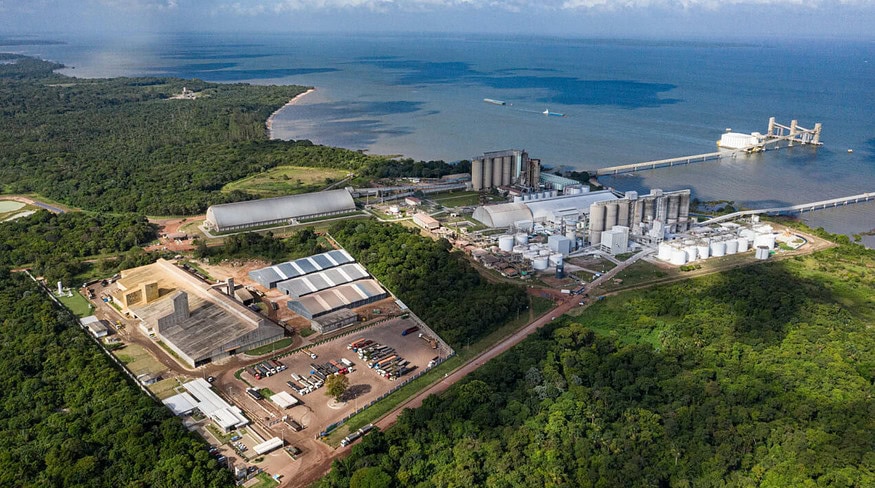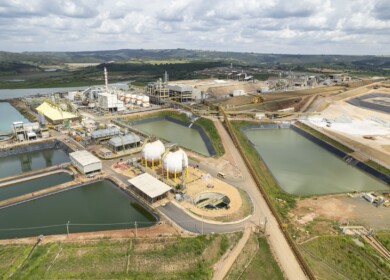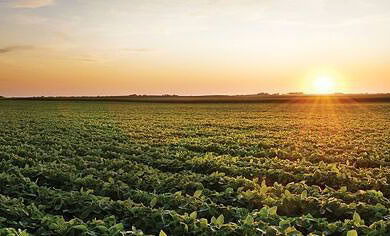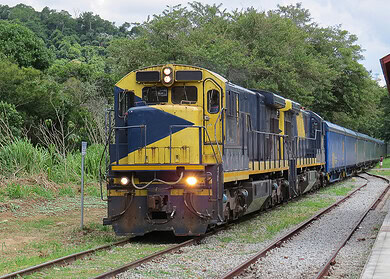Eurochem boosts investment in Brazil to cut costs and expand market share

Eurochem, the Swiss-headquartered multinational fertilizer company, is investing $36 million to enhance its storage capacity in Brazil’s North, Northeast, and South regions. The goal is to reduce costs by eliminating reliance on third-party warehouses and improving logistical efficiency.
In the North-Northeast corridor, Eurochem is spending $23 million to increase capacity at blending plants in Barcarena (Pará), São Luís (Maranhão), and Candeias (Bahia). These investments, begun in 2023, will be completed by the end of this year. Additionally, a $12.6 million investment in 2025 will expand storage at units near the Paranaguá and Rio Grande ports in the South, where the company holds a 1-2% market share.
A key project in São Luís, with a $15.6 million investment, will more than double the plant’s capacity to 290,000 tonnes, supporting operations at the Port of Itaqui. Expansions in Barcarena and Candeias will further strengthen the company’s position by increasing capacity and reducing logistical bottlenecks.
According to Augusto Oliveira, Eurochem’s chief operating officer in Brazil, logistical improvements could reduce production costs by up to 8%, as 20% of expenses stem from transportation. Eurochem’s focus for 2025 will be on streamlining distribution across its 18 units nationwide, ensuring timely fertilizer deliveries for Brazil’s critical crops.
Since entering Brazil in 2016, Eurochem has invested over $3 billion in the country and plans to distribute 6.3 million tonnes of fertilizers in 2024. This level is slightly below the 7 million tonnes initially forecasted but remains consistent with previous years’ outputs.
Sustainability and future plans
Eurochem’s leadership, represented by Gustavo Horbach, stressed the importance of local fertilizer production during the Rio+Agro event. Rather than pursuing total independence from imports, the company supports Brazil’s National Fertilizer Plan (PNF), which seeks to boost domestic production to cover 45-50% of national demand by 2050. The company remains committed to working with local stakeholders to ensure sustainable growth in the agricultural sector.
Enjoyed this story?
Every Monday, our subscribers get their hands on a digest of the most trending agriculture news. You can join them too!














Discussion0 comments